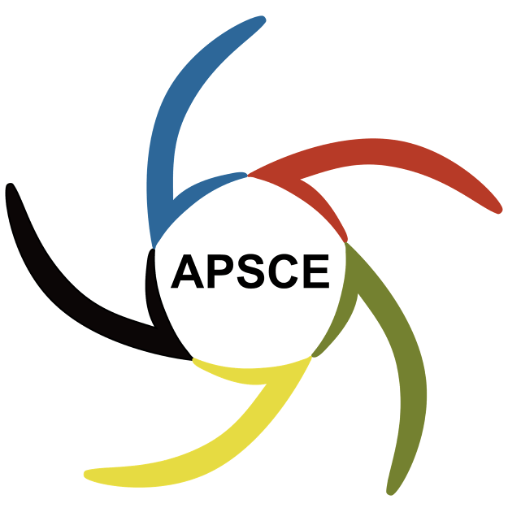

Speaker: Prof. Valentina DAGIENE (Vilnius University, Lithuania)
Moderator: Dr. Ting-Chia HSU, National Taiwan Normal University, Taiwan
Curated by: APSCE Computational Thinking in Education / STEM (CTE/STEM) SIG
Date: 20 November 2024 (Wednesday)
Time: 16:00 - 17:00 (UTC +8)
Register before 18 November 2024: https://us06web.zoom.us/webinar/register/WN_5EGphNpnRnuKI-0JezYUDw
Abstract:
Computational Thinking (CT) involves solving problems, abstract thinking, designing systems, and understanding human behavior by drawing on the fundamental concepts of Computer Science (CS). CT encompasses a wide range of mental processes, which are considered essential skills for 21st- century learners. CT equips students to break down complex problems into solvable parts and devise algorithms to address them. In school CS education, teaching students to think computationally is a central objective. To achieve this, educators can use a variety of methods, including short tasks that can be completed in "mind-size bites," a concept coined by Seymour Papert. The worldwide Bebras Challenge on Informatics and CT is discussed as an example of connecting formal and non-formal informatics education through tasks that engage students in problem-solving strategies based on informatics concepts. Activities like Bebras encourage early engagement with informatics, motivating students to explore technology more deeply. With the integration of Artificial Intelligence (Al), the potential to enhance CT and CS education is greater than ever. Al-powered educational tools can offer personalized feedback, adaptive learning experiences, and real-time assessments, supporting students at individual paces and skill levels. By incorporating Al in education, schools can create a more engaging, personalized learning experience that fosters students' CT and problem-solving abilities, essential for navigating the digital landscape. By integrating Al and CT in school education, we can better prepare future generations to tackle complex global challenges with innovative and sustainable solutions.
Biodata:
Dr. Valentina Dagiene is Professor at Vilnius University, Lithuania. Her interests include CS teaching and learning strategies, teacher education, intelligent technologies for education, and CS curricula development. She has published over 300 papers, and 60 textbooks for schools. She coordinated over 50 national and international projects on CS education. She is working in various expert groups, organizing olympiads in informatics, conferences and workshops. In 2004 she established International Challenge on Informatics and Computational Thinking BEBRAS which runs in more than 80 countries (http://bebras.org). V. Dagiene is Editor of two international journals "Informatics in Education" (indexed by WoS with IF Q1) and "Olympiads in Informatics" (indexed by Scopus).
